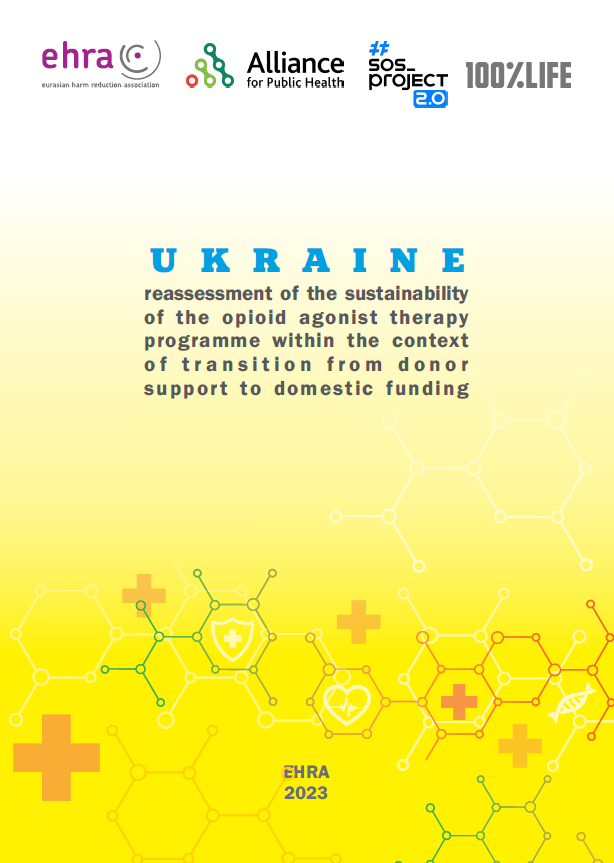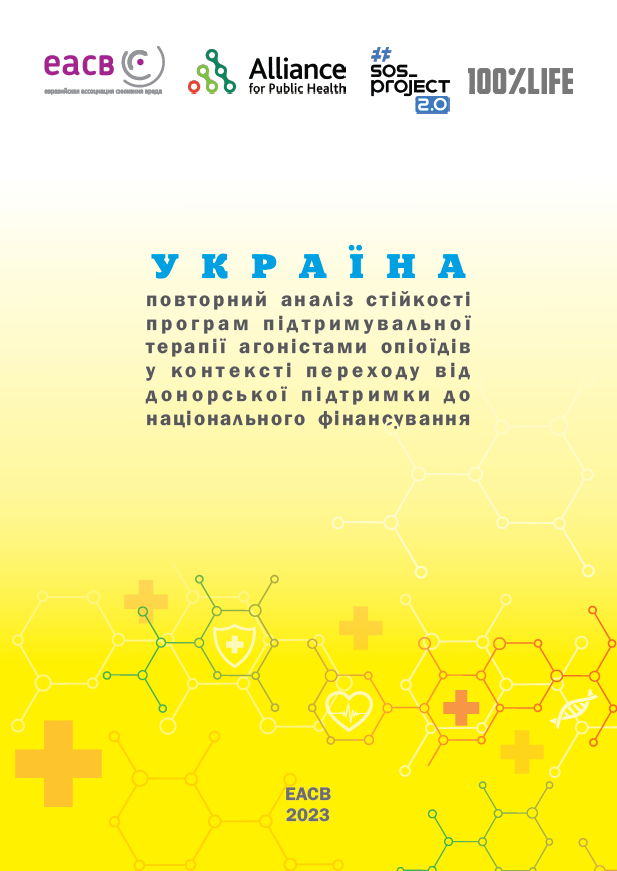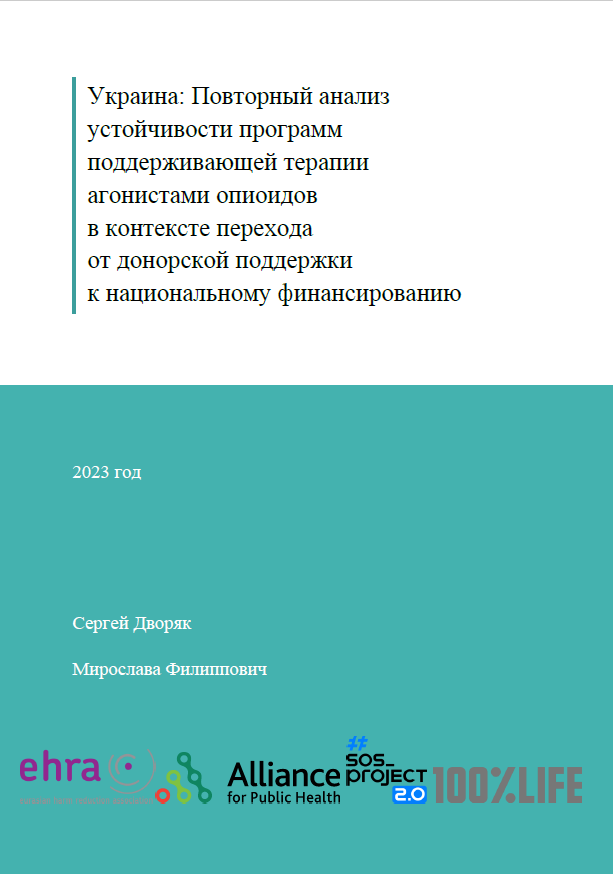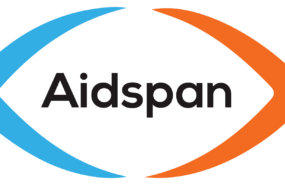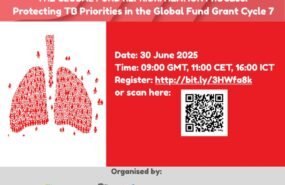UKRAINE: reassessment of the sustainability of the opioid agonist therapy programme within the context of transition from donor support to domestic funding
- 23.10.2023 14:57
- Post Views: 312
By February 1, 2022, 17,210 clients in public hospitals and 3,121 in private hospitals at 224 sites in Ukraine were participating in the OAT programme (totalling 7.3% of the estimated number of people needing treatment).
The number of OAT sites that stopped working due to the occupation and destruction of clinics was 16 (6%). It should be taken into account that 4,780 (28%) of OAT clients lived in the regions affected by the invasion (the Kharkiv, Sumy, Chernihiv, Kyiv, Lugansk, Donetsk, Zaporizhzhia and Kherson regions).
Nevertheless, as of December 31, 2022, there were 28,523 OAT clients in Ukraine. 19,919 clients received OAT in state/municipal and 8,604 in private medical institutions. 181 state/municipal and 26 private medical facilities offered OAT to their clients.
In the first months of the war, there were two critical challenges to the OAT supply system: the threat of disruption in the supply of medicines and the massive exodus of clients from areas affected by occupation or shelling.
The aim of this study is to reassess the sustainability of the OAT programme within the context of its transition from Global Fund support to national funding and to identify strengths, barriers, challenges and risks, as well as opportunities to enhance the programme’s sustainability. The first sustainability analysis was conducted in Ukraine in 2020 and was based on the framework and methodology designed by the Eurasian Harm Reduction Association (EHRA).
The current analysis is a follow-up study aimed at examining the main changes that have occurred in the programme over the last two years. The current assessment is mainly focused on the success achieved and the problems encountered during efforts to ensure sustainability; on the relevant conditions and mechanisms for transition; on gaps in the finances and human resources and other programmatic data relevant to the transition process; and on an analysis of the confirmed transition plans. This assessment was conducted in 2022 – 2023 by EHRA within the framework of the regional project entitled ‘Sustainability of Services for Key Populations in the EECA Region’.
The following provides a summary of progress towards ensuring the sustainability of the OAT programme in the Ukraine by the three thematic areas reviewed in the course of this assessment:

Based on this assessment, recommendations have been developed to enhance the sustainability of the OAT programme in Ukraine.
You may access the report on the assessment of OAT sustainability in Ukraine in English, Ukrainian and Russian here:
Services for migrants and refugees from Ukraine – HIV/TB care with a focus on key populations
Due to the increasing flows of refugees from Ukraine because of Russia’s invasion of Ukraine, the EECA Regional Platform created a spreadsheet to fill contacts details of face-to-face and online services for refugees and migrants (with a focus on HIV/TB care and key population groups).
Regional Platform – EECA
This web-resource is a part of new regional communication and coordination project “Regional Civil Society and Community Support, Coordination and Communication Platform - EECA”, implemented by Eurasian Harm Reduction Association (EHRA).
Tags
See also
-
Grant Cycle 7 Reprioritization: How can communities prepare? 02.07.2025 12:03
-
Webinar: Using Global Fund's Data for Advocacy 12.06.2025 12:00
-
GC7 Grant Reprioritization: Updated Timelines 10.06.2025 14:37



